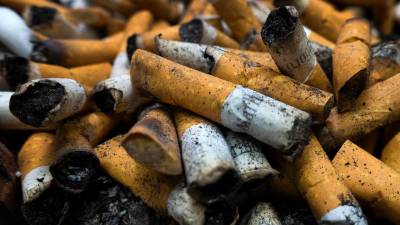MALAYSIA’S plan to raise cigarette excise taxes aims to discourage smoking, improve health and boost revenue. But without stronger enforcement and smarter regulation of alternatives, it risks fueling illicit trade and losing more revenue than gained.
Currently, illicit cigarette trade costs Malaysia about RM5 billion annually, accounting for 54% to 60% of consumption.
When legal prices rise sharply but illicit prices remain low, smokers – especially low- and middle-income groups – will turn to untaxed options.
Enforcement agencies report over 80% of illicit packs lack valid tax stamps while 13-14% bear counterfeit ones.
With high profits, low risks and patchy enforcement, smugglers expand their reach. If price hikes outpace enforcement, illicit volumes will rise.
Vaping tax revenue tells another story. From 2021 to mid-2025, Malaysia collected RM288 million from vaping, compared to RM15 billion from cigarettes.
This gap shows vaping is cheaper and that vape taxes could increase without pushing consumers to unregulated markets.
Neighbouring countries like Indonesia differentiate taxes by product and use excise stamps for better control.
Policy must focus on enforcement before tax hikes – digital tax stamps, tougher penalties, better border control and regional coordination.
Raising vape taxes to Asean norms while maintaining legal channels and reinvesting revenue in enforcement will help combat illicit supply.
Without these steps, big cigarette tax hikes alone risk boosting illicit trade, undermining both health and fiscal goals.
Abdul Hasbi Abdul Salim
